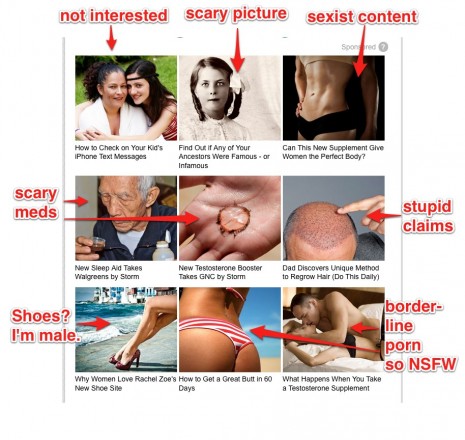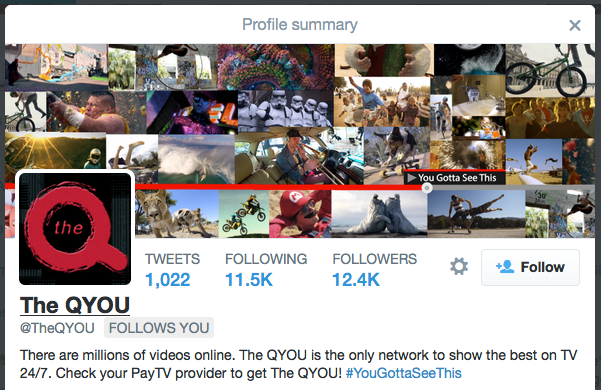For anyone doing business on the internet, the article below is essential reading.
This paragraph made me chuckle:
In September, after Bloomberg Businessweek asked Viant about its content, Myspace players began showing non-placeholder videos. But if the counters embedded in the players are accurate, those placeholders are some of the most watched clips in Internet history. Hitboy has amassed 690 million views. Even bigger is Surfing, which looks like someone butt-dialed a video: five seconds of black screen with some muffled background noise. According to the Myspace counter, Surfing has been viewed 1.5 billion times. That would make it bigger than any YouTube video in history—with the exception of Gangnam Style.
So, basically what the music industry has been saying for _years_ is, that music and music videos are one of the biggest drivers of traffic on the internet. Yet, the music isn’t generating any revenue to speak of anymore.
I personally suspect, that a lot of the “free culture” and “free information” and “creative common” folks around the web are either cleverly programmed AIs or (more likely) the cheap labor workforce reposting standard thoughts and arguments in order to keep their employers properties relevant.
An exclusive investigation into the bots that will cost companies over $6 billion this year
Source: The Fake Traffic Schemes That Are Rotting the Internet

